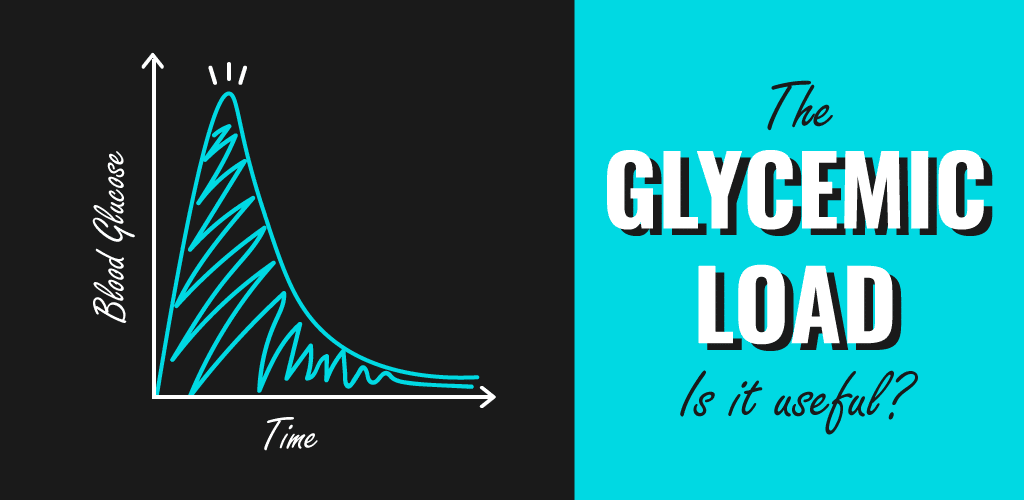In the previous post, we discussed the difference between the Glycemic Index (GI) and Glycemic Load (GL). I concluded that the GL is superior to GI since it measures the glycemic response of food more accurately than the GI. In this post, we will discuss the implications of GL for weight loss and diabetes. This post looks only at the evidence which includes the glycemic load and not the glycemic index.
Fortunately, Vega-Lopez and her group of researchers 1, had already published a paper in 2018 which analysed most of the available evidence on the effects of Low-GL diets on various markers of health. I have referred to this paper while writing this post.
Glycemic Load and Weight loss –
The primary motive for most people to follow a Low-GL diet is weight loss. However, being in a caloric deficit is the most important factor for weight loss. No deficit, no weight loss. Therefore, the glycemic load of a meal is secondary to a caloric deficit. So, does following a Low-GL diet lead to weight loss?
Weight loss
can be measured in various ways. The studies which I will refer to in this post
measured weight loss using 2 measures –
- Body Mass Index (BMI)
- Waist Circumference (WC)
But first, I would like to clarify what certain terms mean for those unfamiliar with research terminology. All the studies below have compared a low-GL to a high-GL diet. To understand if a low-GL diet is beneficial for weight loss, they have measured the BMI and WC of their participants before and after the inclusion of a low/high-GL diet. Therefore, the studies can have one of the following results –
- Positive association between BMI/WC and GL – This means that as the GL decreases, BMI/WC also decreases. Thus, low-GL diets are effective at reducing weight.
- Negative association between BMI/WC and GL – This means that as GL decreases, BMI/WC increase. Thus, low-GL diets are not just ineffective at reducing weight but can actually increase weight. This result is highly unlikely though.
- No association between BMI/WC and GL – This means that there is no relationship between BMI/WC and GL of food. Thus, low-GL diets don’t affect weight loss.
Got it? Alright, let’s dive into the studies. I have made it very easy to read, so you’ll survive.
Almost all studies reported no associations
A study with 3931 Japanese young women reported no associations between BMI and GL 2. Similarly, a study with 343 Spanish participants reported no associations between dietary GL and BMI or WC 3. Further, there was no association between GL and BMI in a study of 640 adults 4.
Larger-scale studies also found no associations between GL and WC. For example, A 12-month study with 46 overweight adults compared low and high-GL diets with energy restriction. Both groups lost the same amount of weight 5.
As you can see, none of the studies showed a positive association between GL and bodyweight. Even the review by Vega-Lopez et.al 1 reached the same conclusions. Therefore, the GL of food doesn’t affect weight loss.
Satiety
Satiety is the feeling of fullness and is very important for weight loss. High satiety equals better adherence to the diet and therefore, weight loss. It is often assumed that low-GL diets will lead to increased satiety. But what does the research say?
Short-term Studies on Glycemic Index
34 overweight adults were given calorie-restricted diets with low or high-GL. The participants lost weight (due to the deficit) but both groups experienced the same amount of satiety 6. Therefore, GL did not affect satiety in this study.
Another study was conducted with 40 normal weight and 40 overweight participants for 4 weeks. No difference in satiety was reported between diets. However, women reported feeling fuller when consuming a low-GL diet 7.
Long-term Studies on Glycemic Index
These were short term studies but the results of a low/high-GL diet for a long term might be different. Thus, if a low-GL diet is more satiating then it should lead to a lesser energy intake over the long term. However, energy intake was not different for varying dietary GLs among a sample of 15,258 Europeans 8, 59,000 black US women 9 and 64,227 Chinese women 10.
Therefore, the data is equivocal with regards to satiety – dietary GL does not affect satiety.
Type 2 diabetes
Low-GL diets are heavily recommended for people with type 2 diabetes since blood sugar control is very important for diabetics. So taken at face value, this recommendation makes sense. Blood sugar control can be measured by various Glucose Tests. The most common tests are HbA1c, fasting glucose and 2-h glucose tests.
Therefore, the studies can have one of the following results –
- Positive association between Glucose Tests and GL – This means that low GL diets are associated with
better blood sugar control. - Negative association between Glucose Tests and GL – This means that low GL diets worsen blood sugar
control. - No association between Glucose Tests and GL – This means that low GL diets don’t affect blood
sugar control.
Almost all studies reported no associations
There was no association between GL and HbA1c among 238 obese Latino adults with type 2 diabetes 11. Further, an analysis of 1255 adults from one study and 2078 adults from another study also showed no associations between GL and fasting glucose, 2-h glucose, or HbA1c 12,13. Only one study with 640 adults with type 2 diabetes, fasting glucose and HbA1c were positively associated with GL 4.
In summary, results from studies relating the glycemic load with blood sugar control are inconsistent. At present, the data does not support an association between dietary GL and markers of glucose homeostasis.
Conclusion
To conclude, the evidence does not indicate any beneficial effects associated with following a low-GL diet in the context of weight loss and diabetes. Any observed benefits of a low-GL diet can be attributed to the removal of processed foods. Therefore, whether it is weight loss or blood sugar control, just eating whole and minimally processed foods is the way to go.




